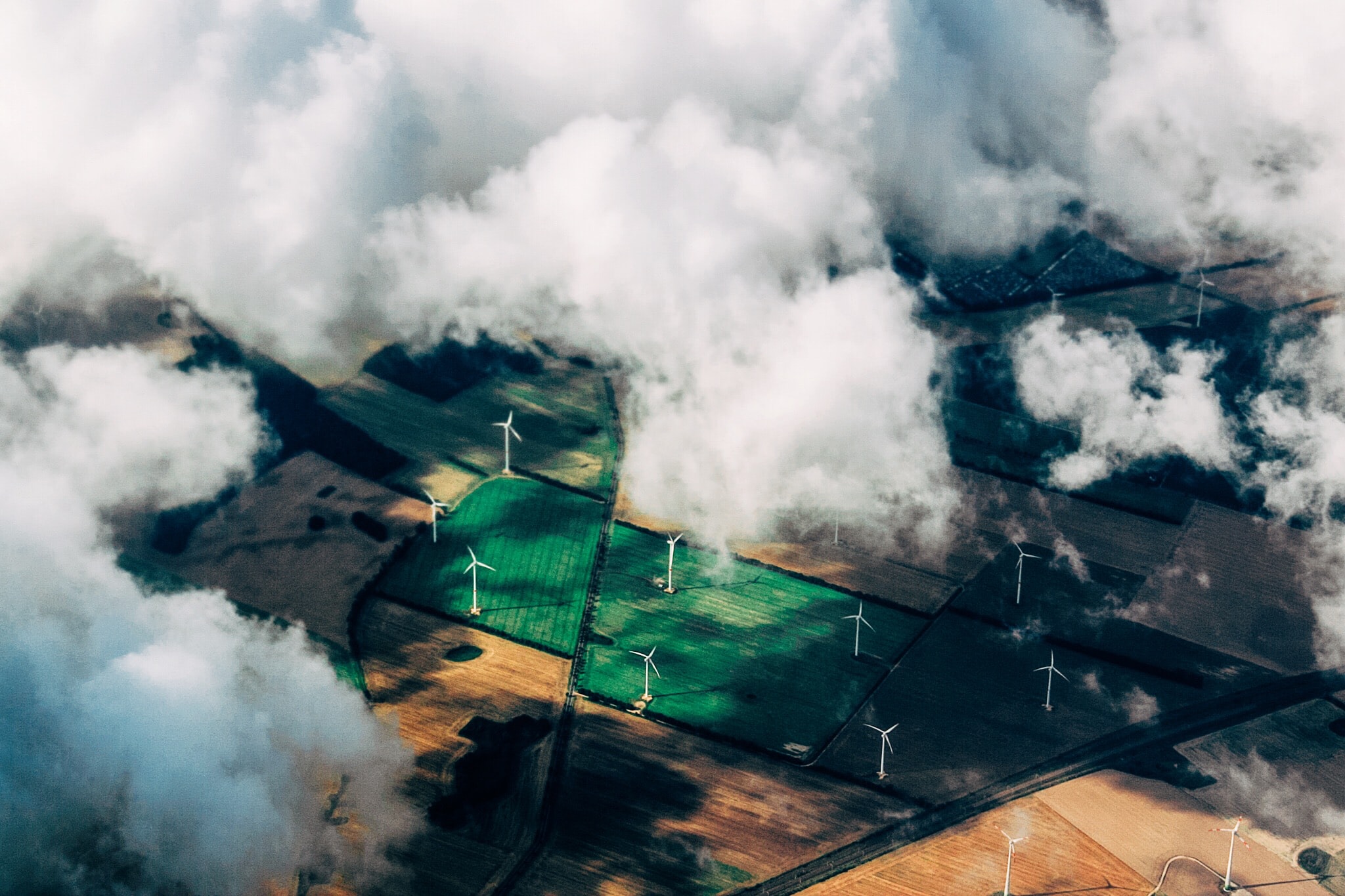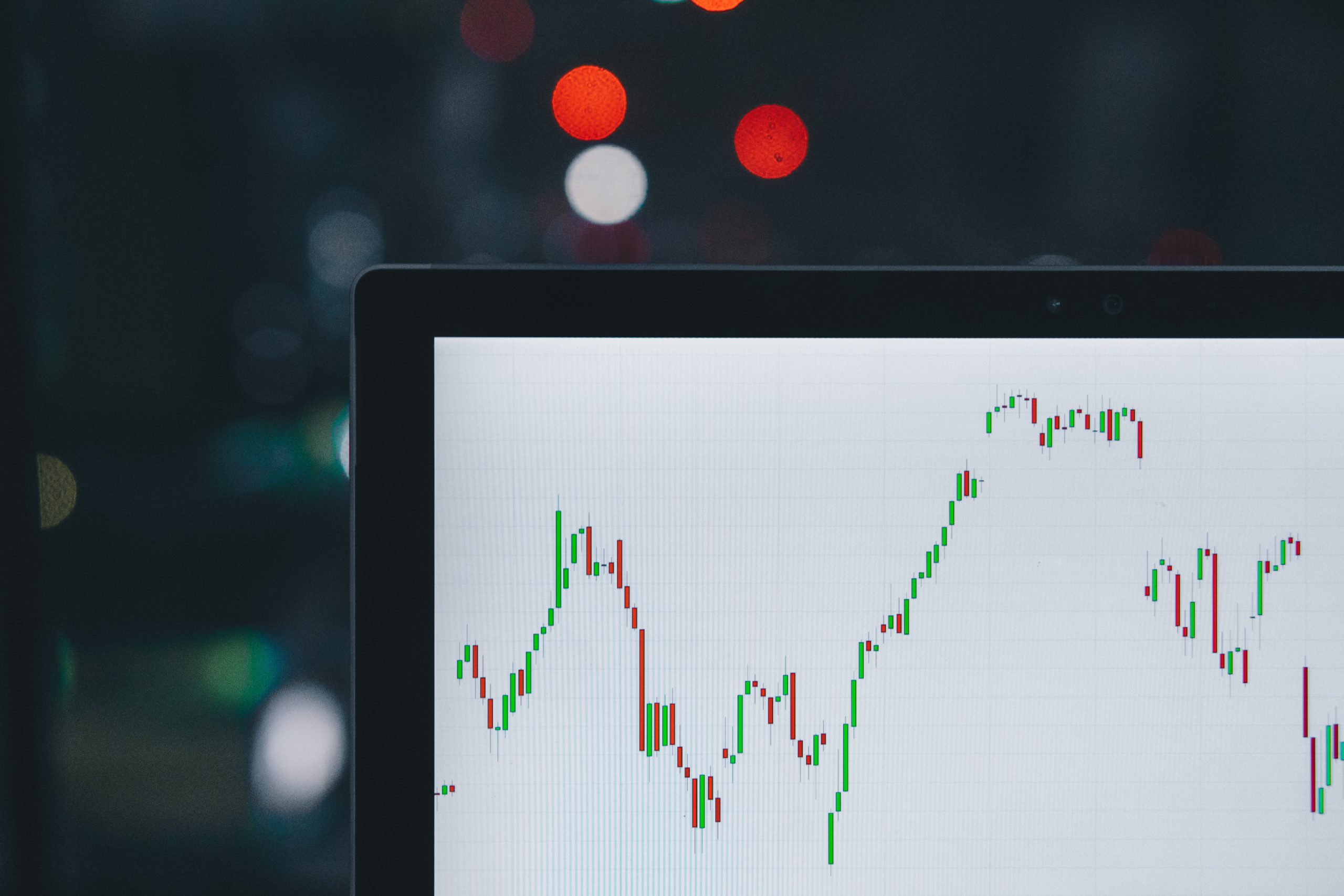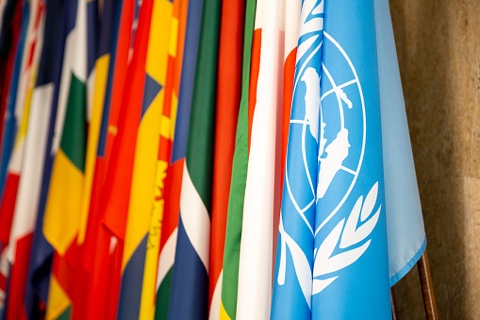COVID-19 Policy Response
The COVID-19 pandemic is a global emergency, bringing devastation to millions around the world, impacting lives and jobs, and grinding much of the global economy to a halt. It calls on all of us to come together with compassion and humility, and to act radically and decisively to protect what’s most important.
In addition to mobilizing emergency medical responses and financial assistance for communities, workers and businesses in the near term, governments around the world are quickly designing some of the biggest long-term economic stimulus packages ever seen. Both elements are vital to ensure the damage to economies, companies and people caused by the coronavirus is minimized, while laying the foundations for a strong recovery.
The science is clear: climate change is a present threat to human lives, health and the economy. The emergence of a new threat does not reduce the human and economic risks of the ongoing climate crisis, and many of the same vulnerable populations are going to be hardest hit by both. The decisions governments make now will lock in the strategic direction of companies and economies for years to come.
Governments working on plans to rebuild their economies should pair recovery action with climate action to ensure that they, and the companies they support, emerge stronger than before. Clear and consistent government policies that drive the full decarbonization of every system of the economy are critical to accelerate progress towards the net-zero economies of the future.
By applying a climate and resilience lens to longer-term economic stimulus, governments can boost economic growth, create good jobs, reduce emissions, ensure clean air, and increase resilience to future shocks.

Longer-term stimulus
Longer-term stimulus measures to tackle the economic crisis resulting from the COVID-19 outbreak should consider the wider impacts of spending decisions on the health and wellbeing of citizens.
We urge policymakers to:
-
Design policies and spending measures that create good jobs and drive economic recovery whilst reducing emissions and building resilience.
-
Place climate specific conditions on longer-term financial support for companies.

Economic stimulus
To boost economic growth, drive job creation and increase resilience to future shocks, governments should prioritize policy and spending to:
- Accelerate the transition to an inclusive, just, resilient, net-zero economy. Implement policies and incentives and fund projects that accelerate the delivery of a just transition to economy-wide net-zero emissions by 2050 at the latest.
- Advance the delivery of 100% clean power. Invest in deploying renewable energy, storage and grid reliability solutions, and enable corporate procurement of renewables.
- Enable clean mobility. Increase funding for electric public transport and electric vehicle (EV) charging infrastructure, and support fiscal incentives for electric vehicle purchases.
- Deliver net-zero infrastructure and buildings. Launch home and building efficiency retrofit programs, and utilize public spending on infrastructure to drive demand for low-carbon materials such as steel and cement.
- Support industry to transition to zero-emissions. Invest in R&D, demonstration and deployment of emerging net-zero technologies and use the power of public procurement to drive demand for net-zero materials.
- Invest in nature-based climate solutions. Support farmers to invest in climate smart agriculture, to reduce emissions from land use and restore natural carbon sinks.
- Avoid rollbacks of environmental protections and ensure foreign economic assistance is used to support net-zero, resilient recovery and development.

Direct corporate support
To ensure companies are reducing risk, building resilience and setting themselves up for long-term success in a net-zero future, those receiving long-term public financial assistance should be required to:
- Integrate risk into company disclosures in line with the recommendations of the Task Force on Climate-related Financial Disclosures (TCFD). Consistently screening for risk in company investments and strategy will ensure future investment decisions mitigate climate change, avoid stranded assets and prevent future risks.
- Build science-based approaches to inform company strategy. Companies should set science-based targets consistent with limiting global average temperature increase to 1.5°C and reaching net-zero emissions by no later than 2050. Understanding and integrating science into decision making is the best way to protect against future shocks.
- Invest in low-carbon solutions that create new jobs. Companies should prioritize investment in available solutions like the retrofitting of buildings, deployment of renewable energies or in achieving mass production and economies of scale in technologies that can decarbonize industry. This will support the creation of new jobs now while reducing the risk of climate change.

Reading & Resources
Corporate Advocacy on Climate and Covid-19:
Since the outbreak of COVID-19, more than 1200 major global companies have called on governments to invest in climate action and build back better through a series of high-profile letters and direct advocacy.
-

United Nations
In largest ever UN-backed CEO-led climate advocacy effort, more than 160 major global companies called for policies that will build resilience against future shocks by supporting efforts to hold global temperatures to 1.5C above pre-industrial levels. Coordinated by the Business Ambition for 1.5 campaign.
-

United Kingdom
More than 200 leading UK businesses, investors and business networks call on the Government to deliver a Covid-19 recovery plan that builds back a more inclusive, stronger and more resilient UK economy. Coordinated by the Corporate Leaders’ Groups.
-

United States
CEOs and representatives from more than 330 businesses called on US Congress to Lead on Climate and build back a better economy. Coordinated by Ceres.
-

Global
A coalition of 40 businesses called on governments to support a massive wave of investments in renewable electricity and other low-carbon energy solutions in the wake of COVID-19. Coordinated by the Energy Transitions Commission.
-

France
90 leading French businesses called on the Government to deliver a recovery plan that drives ecological transition. Coordinated by the Entreprises pour l'Environnement.
-

Spain
50+ major Spanish businesses have publicly called for a green economic recovery. Coordinated by the Grupo Crecimiento Verde.
-

Germany
68 businesses from all sectors of the German economy called on the government to make the economy more resilient with a climate stimulus programme. Coordinated by Stiftung 2 Grad.
-

EU
37 CEOs joined an alliance coordinated by EU MEP Pascal Canfin, calling on the EU to implement Green Recovery Investment packages and speed up the transition towards climate neutrality and healthy ecosystems.
-

Japan
144 Japanese companies, submitted recommendations that included making renewable energy more accessible, and introducing carbon pricing. Coordinated by JCLP.
-

EU
More than 50 major multinationals call for corporate renewables to be built into the EU’s COVID-19 economic stimulus package. Coordinated by the RE-Source platform.
-

Netherlands
Over 250 Dutch companies signed a letter endorsing sustainability as a cornerstone of the COVID-19 recovery. Coordinated by the Dutch Sustainable Growth Coalition.
-

EU
Nine EV100 member companies sign a joint letter to EU Commission President Ursula von der Leyen calling on policymakers to push ahead with CO2 regulations as well as a green recovery for the auto sector. Coordinated by Transport & Environment.
-

Slovenia
100 Slovenian businesses called for the economic effects of the Covid-19 pandemic and the global challenge of climate change to be tackled together in an economic recovery plan. Coordinated by CER.
We Mean Business on Covid-19:
The coalition has sought to shape the narrative on climate, health and economic recovery through a series of op-eds calling on governments to build back better.
- COVID-19 stimulus should address health, economy and climate together
- Coronavirus response - We Mean Business' María Mendiluce on resilience, fragility, and on-going climate targets
- How to build back better after COVID-19
- How we can all come back better - and greener - after COVID-19
- EU climate neutrality is essential, or recovery will be short-lived
- Businesses call on governments to deliver on green promises
- World Environment Day 2020: Economic recovery must address human and environmental health
- Building a better future after COVID-19
- The COVID-19 recovery can be the vaccine for climate change
Speak to our policy team
To find out more about the We Mean Business policy recommendations and how you can help to drive climate action, please fill in the form below and a member of our policy team will be in touch.
See our Data Protection Policy for how we manage your details.

